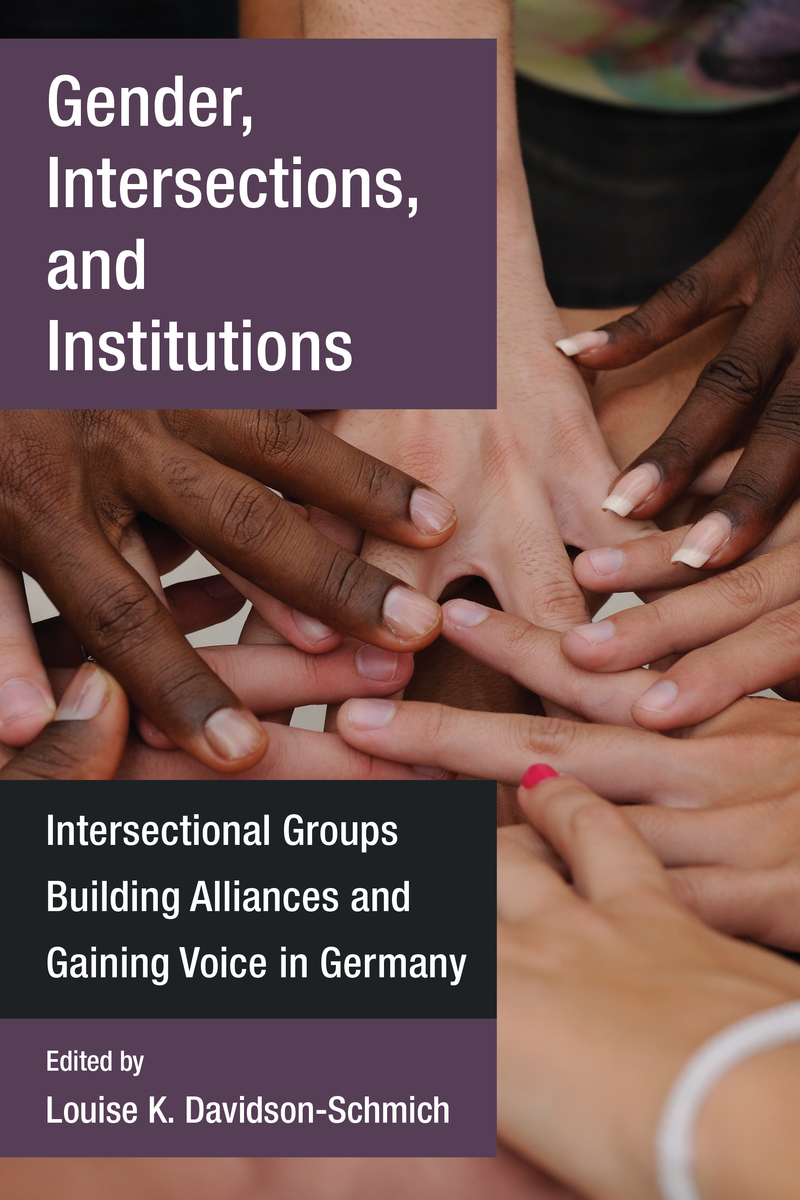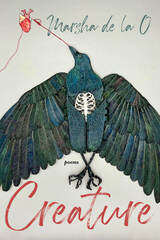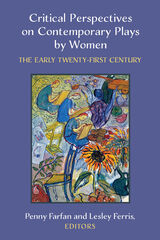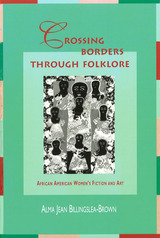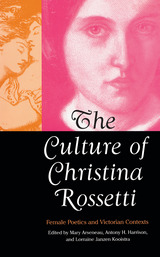Gender, Intersections, and Institutions: Intersectional Groups Building Alliances and Gaining Voice in Germany
University of Michigan Press, 2017
eISBN: 978-0-472-12321-6 | Cloth: 978-0-472-13053-5
Library of Congress Classification JN3971.A38M545 2017
Dewey Decimal Classification 306.760943
eISBN: 978-0-472-12321-6 | Cloth: 978-0-472-13053-5
Library of Congress Classification JN3971.A38M545 2017
Dewey Decimal Classification 306.760943
ABOUT THIS BOOK | AUTHOR BIOGRAPHY | REVIEWS | TOC | REQUEST ACCESSIBLE FILE
ABOUT THIS BOOK
Germany serves as a case study of when and how members of intersectional groups—individuals belonging to two or more disadvantaged social categories—capture the attention of policymakers, and what happens when they do. This edited volume identifies three venues through which intersectional groups are able to form alliances and generate policy discussions regarding their concerns. Original empirical case studies focus on a wide range of timely subjects, including the intersexed, gender and disability rights, lesbian parenting, women working in STEM fields, workers’ rights in feminized sectors, women in combat, and Muslim women and girls.
See other books on: 1990- | Institutions | Lesbian Studies | Minorities | Pressure groups
See other titles from University of Michigan Press
